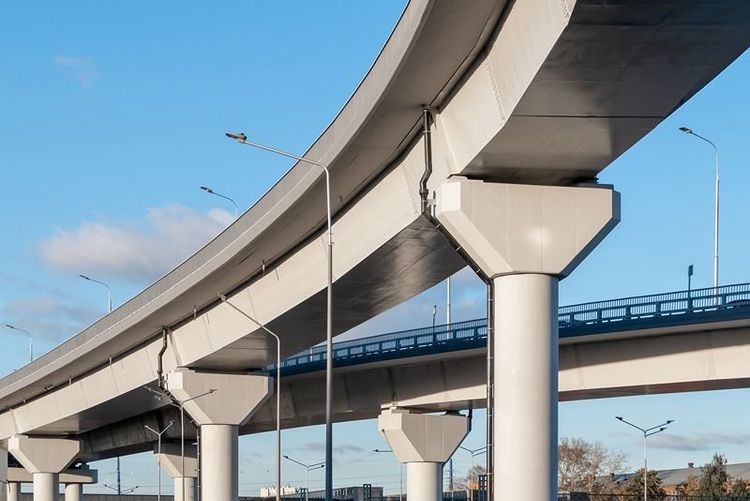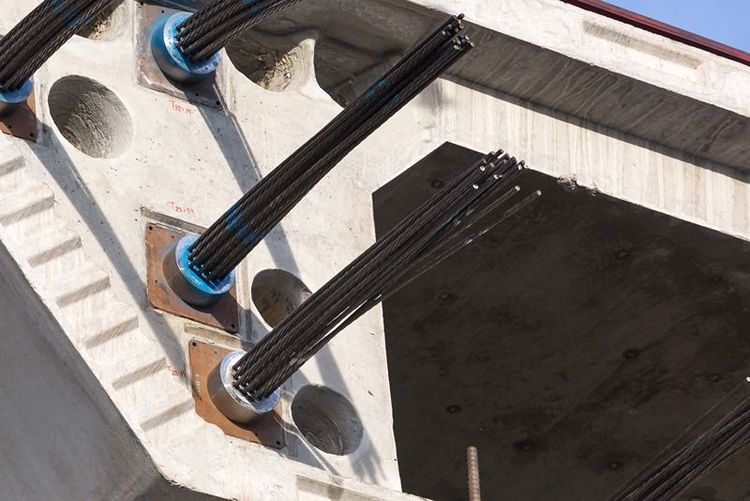Bridges and flyovers are not just marvels of engineering; they are lifelines connecting people and economies. These structures face constant pressure—literally—from vehicles, shifting temperatures, rain, and pollution. Durable construction ensures safety, reduces maintenance costs, and keeps disruptions to a minimum. Cement is the key ingredient in concrete that forms the foundation for this durability, providing the strength and resilience these structures need.
The right cement for the job: OPC, PPC, or PSC?
Ordinary Portland Cement (OPC): the most used grade of cement, OPC cement provides high initial strength, making it ideal for projects requiring rapid construction. Grades of cement such as OPC 43 and OPC 53 are particularly suited for high-load applications. However, OPC’s higher heat of hydration may make it less suitable for large-scale pours in bridges where cracking is a concern.







 +91 7208055523
+91 7208055523
 Help & support
Help & support
